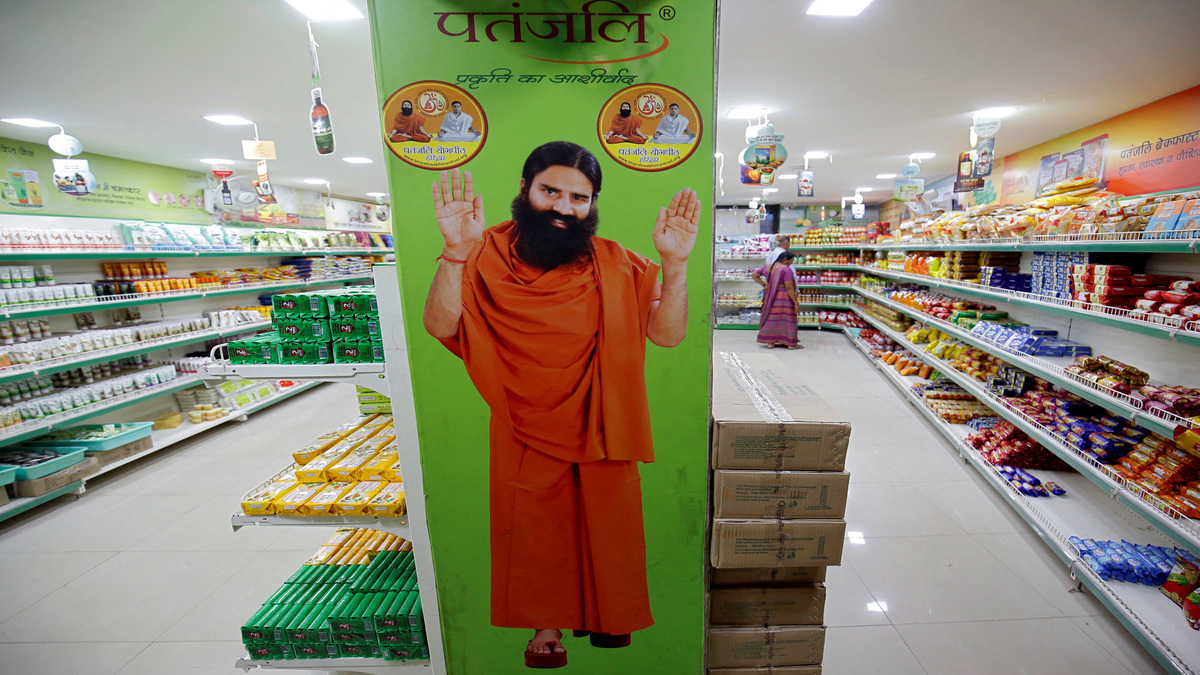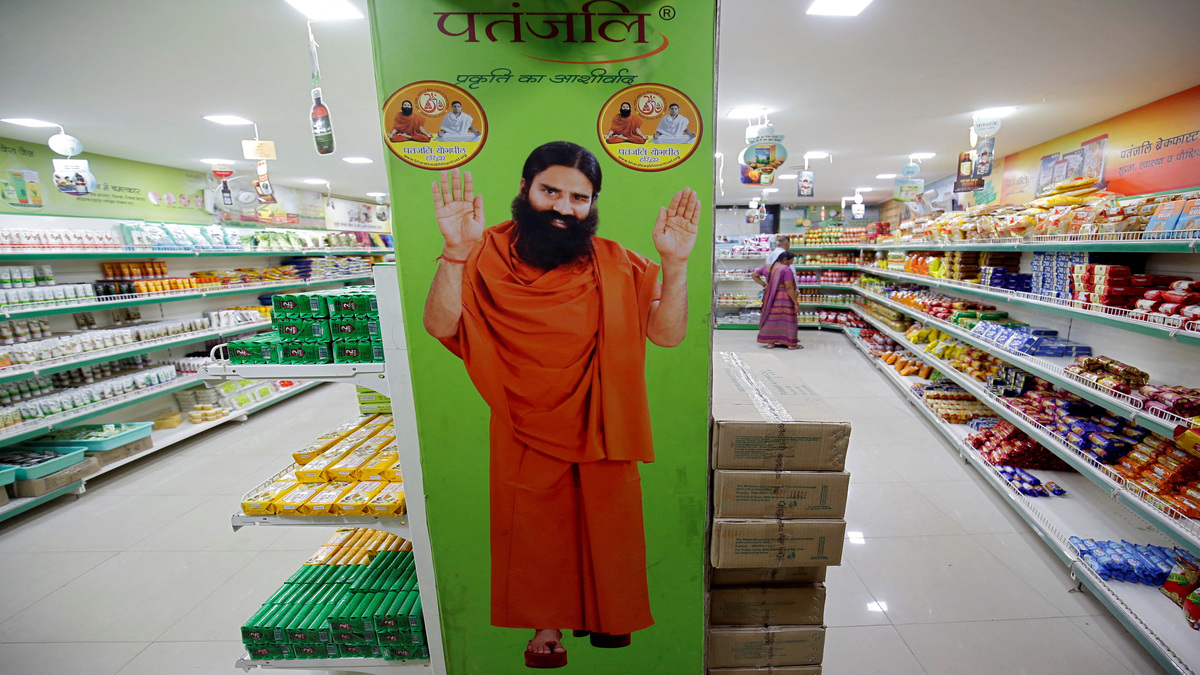The Supreme Court today said that the Government was free to allocate natural resources by means other than auction if it so feels and the right to decide on the allocation of resources solely rests on the government. It also observed that in several cases auction may not be the best possible manner to allocate resources and in those cases the government can uphold the public good over profit maximisation. The order said, “Auctions may be the best way of maximizing revenue, but revenue maximization may not always be the best way to subserve public good.”
Speaking to CNN-IBN, Raju Ramachandran, Former Additional Solicitor-General of India, clarified why spectrum was treated differently by the court when it said that the spectrum auction will have to lead to public good. He said, “It is because of the peculiarity of the judicial process. The government did not pursue the review petition on the 2G judgement delivered in February. The February judgement thus became final.”
Ramachandran also reminded that in India one cannot challenge the correctness of a judgement. Therefore before the court, the reference was confined to natural resources other than spectrum.
Speaking on the issue of whether the opinion of the Court was a partial vindication of Kapil Sibal’s position on the 2G spectrum allocation, Ramachandran said," It is a complete vindication of his position." According to him, the court had clearly opined that not auctioning 2G spectrum citing increase in user-end costs was a mistake.


)




)
)
)
)
)
)
)
)